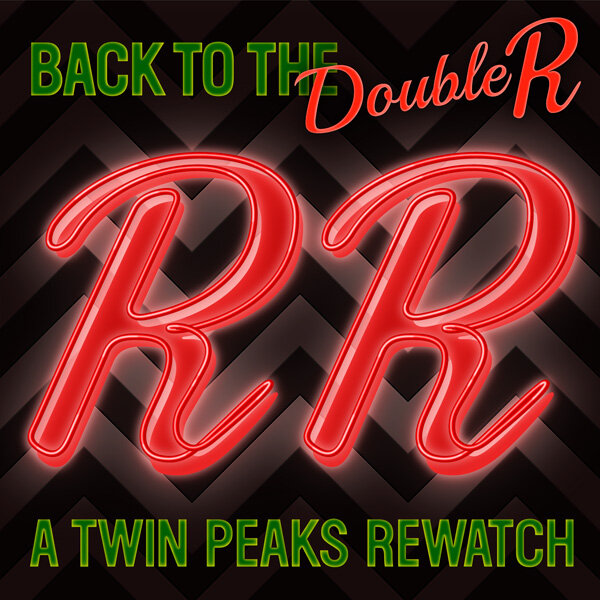Visions of the Town of Twin Peaks
Visiting “the woods” in San Francisco’s McLaren Park in February, 2021. Photo: J. Waits
So what’s the deal with the town of Twin Peaks? It depends on who you ask on this week’s episode (Season 1, episode 4). But strangely, the menfolk (longtime residents as well as visitors) are depicted as the ones with the strong interest in crafting those definitions.
As far as the outsiders, on one extreme, FBI agent Albert Rosenfield is disparaging of Twin Peaks. It’s a “god-forsaken burg” to him that is not up-to-date and is full of stupid people. “Morons, half-wits, dolts, dunces, dullards and dumbbells,” he spews! (not to mention “yokels,” “hayseeds,”and “chowderheads”) They are all obstacles in the way of him gathering clues about Laura Palmer’s death. While we initially saw Agent Cooper respectful of Albert, he changes his tune as he becomes more allied with the people of the town.
Agent Cooper is falling in love with Twin Peaks. He tells Albert, “life has meaning here” and talks into his recorder to Diane a note about looking into buying property there. He sticks up for showing respect for Laura’s body, asking for it to be released so that her funeral can occur.
And within the Twin Peaks residents, Bobby Briggs shows his disillusionment with the town this week. In a Holden Caulfield-ish moment at Laura’s funeral, he derides everyone as “hypocrites.” He’s tired of all the phonies acting like they cared when it’s too late. But he also implicated himself, screaming, “you killed her...we ALL did.”
And finally, the secret society of unofficial lawmen/vigilantes, The Bookhouse Boys, sees its mission as serving as protectors of Twin Peaks. Its members recognize that the town is special, but that there’s always been a darkness that they need to watch over/save the community from. They are resigned to that and it doesn’t detract from their allegiance to the town. Sheriff Truman says, “Twin Peaks is different,” and it’s the “way we like it,” adding that it contains a “sort of evil,” as the “price we pay” for the good. It’s almost like a deal they’ve made with the devil. He adds that there’s “Something very strange in these old woods” and “we’ve always been here to fight it.”
It’s fascinating to me that these visions of Twin Peaks are articulated so strongly and specifically by men; while up to this point in the series, we aren’t hearing from women directly regarding their take on the town. That does not mean that women don’t know what’s up in Twin Peaks. In fact, I’d argue that they are the eyes and ears of the community. Sadly, some of the female residents of Twin Peaks have more pressing, immediate needs focused on sheer survival and perhaps don’t have the luxury to philosophize about the meaning of the town, even though they may understand and be affected by the darkness of Twin Peaks more profoundly than their male counterparts.


